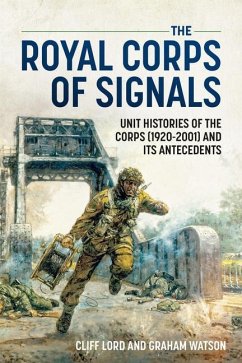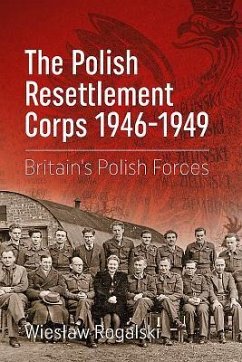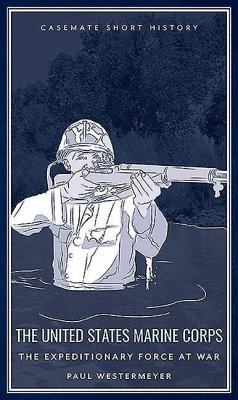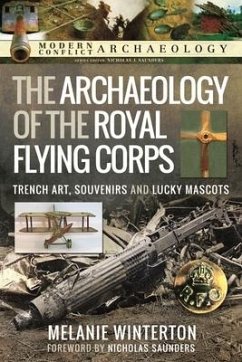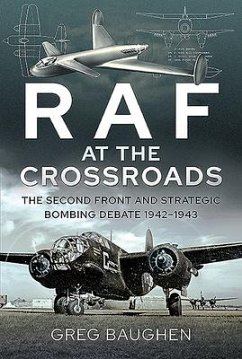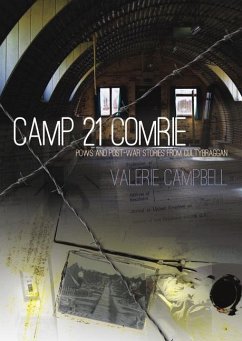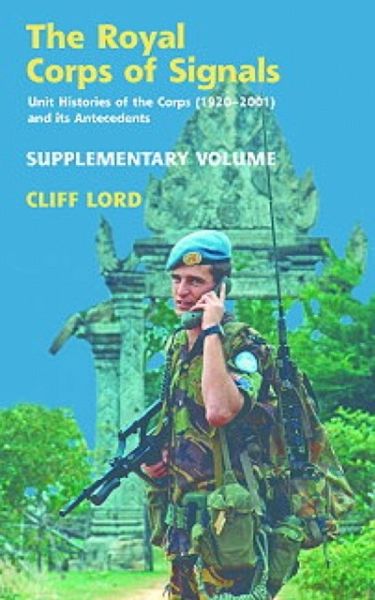
The Royal Corps of Signals
Unit Histories of the Corps (1920 - 2001) and Its Antecedents: Supplementary Volume
Versandkostenfrei!
Versandfertig in über 4 Wochen
57,99 €
inkl. MwSt.
Weitere Ausgaben:

PAYBACK Punkte
29 °P sammeln!
With the interest shown in The Royal Corps of Signals: Unit Histories of the Corps (1920-2001) and its Antecedents (Helion, 2003), it was decided to extend the work to include some of the principal Commonwealth Signal Corps, and to provide supplemental data regarding British Signals that has come to light since the original volume was published. The book concentrates on Commonwealth signal corps unit histories for the following countries: Australia, Canada, India, New Zealand, Nigeria, Pakistan, Rhodesia, Singapore, and South Africa. The emphasis is post Second World War so as not to rewrite t...
With the interest shown in The Royal Corps of Signals: Unit Histories of the Corps (1920-2001) and its Antecedents (Helion, 2003), it was decided to extend the work to include some of the principal Commonwealth Signal Corps, and to provide supplemental data regarding British Signals that has come to light since the original volume was published. The book concentrates on Commonwealth signal corps unit histories for the following countries: Australia, Canada, India, New Zealand, Nigeria, Pakistan, Rhodesia, Singapore, and South Africa. The emphasis is post Second World War so as not to rewrite the official histories already published. A brief overview is also given of each country's Corps history, and illustrations of many of the units distinctive insignia are shown. Supplementary information is included on Ceylon in the Second World War, and British Signal units that served in Northern and Southern Russia after the end of the First World War, Royal Engineer Signal Service Volunteers in 1918, and Air Formation Signals. The reader will note that Royal Signals has strongly influenced most of the Corps, but each has evolved in its own way to suit its geopolitical considerations. With the advent of the computer age and the move away from torntape relay systems it is interesting to see how each country comes to its own decision in providing a solution to its Command, Control, Communications, Computers and Intelligence. Electronic Warfare is covered to a limited extent. At times, it was difficult to distinguish between what was tactical Electronic Warfare and quasigovernmental Signal Intelligence gathering from fixed communication stations. Canada proved a particularly difficult country to write about due to having combined the three services into one milit




